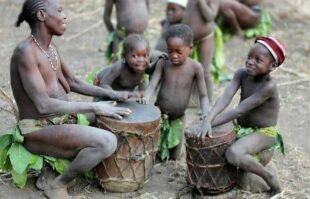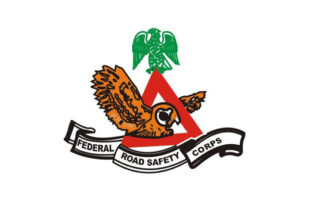Warri town and port are in southern Nigeria. It is located 30 miles (48 km) upstream from the port of Forcados on the Bight of Benin along the Warri River in the western Niger River delta. In the late 15th century, Prince Ginuwa of Benin founded what would eventually become the governmental and commercial centre of the Itsekiri kingdom of Warri (Ouwerre).
However, it was the obis (kings) who interacted with the Portuguese frequently during the 15th and 17th centuries, and several of them converted to Roman Catholicism. They later became very involved in the slave trade.
Furthermore, Warri is known by the Itsekiri people as Kingdom Ale Iwere which translates to “The Land of Iwere,” and the inhabitants are referred to as Oma Iwere, meaning “Children of Iwere.” However, when the Portuguese arrived in 1516, they gave it the name Roy Aweri, which translates to “The Kingdom Of Aweri,” which is derived from the term Iwere.
In this piece, Naijabiography explores the history and culture of the kingdom of Warri.
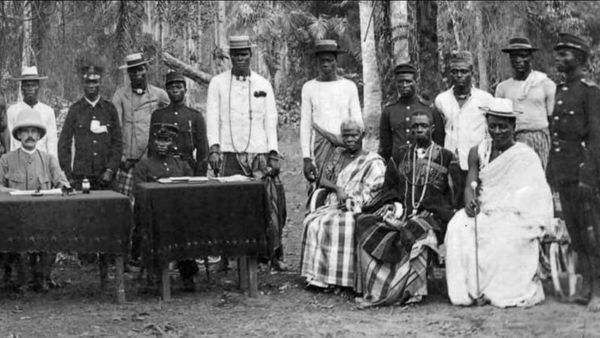
History
The Kingdom of Warri, or Iwere Kingdom, was founded in 1480 and was centred in the city of Warri in Delta State, Nigeria, which, in addition, is one of the nation’s traditional states. The Warri kingdom was established during the 15th century, according to the Bini and Itsekiri histories, by Olu Ginuwa, a prince of the Benin Kingdom.
At the time of its creation, missionaries from Portugal visited the area in the 15th century. A son of the governing Olu was sent to Portugal at the start of the 17th century and returned with a Portuguese wife. In the 1640s, their son, Antonio Domingo, served as Olu of Warri.
During his approximately 1720–1800-year reign, Olu Erejuwa used the Portuguese to strengthen his country’s independence from Bini and to acquire authority over a larger territory. Later, after the arrival of the Portuguese, both Portuguese and Dutch slave traders used Warri as their headquarters.
The late 19th century saw Warri grow in importance as a port city as it became a hub for the trading of palm oil and other key goods like rubber, palm products, cocoa, groundnuts, hides, and skins. The British established Warri as their provincial capital at the beginning of the 20th century.
The Warri South-West Local Government Council was established in 1997 by the Federal Government, led by General Sani Abacha, and had its administrative centre in the Itsekiri town of Ogidigben in Warri. The State government moved the headquarters to Ogbe Ijoh (an Ijaw community) under political pressure, but the Federal Government has still not acknowledged the move. Numerous people perished in the riots that followed, and young people seized control of six Shell Nigeria facilities. The riot, according to history, was called the “Warri Crisis.”
Previously, the region that is now known as Delta State and falls under the Colony and Protectorate of Southern Nigeria was known as the “Warri Province.” In addition, Sapele, Forçados River, and Jameson Creek formed its northeastern and southern borders, which were eventually modified to become Delta Province.
It is worthy of note to add that Warri city is originally inhabited by the Urhobo, Itsekiri, and Ijaw people. It was formerly the British government’s province capital. On February 28, 1906, the Lagos and Protectorate of Southern Nigeria were legally combined to form the Colony and Protectorate of Southern Nigeria. Walter Egerton was selected as the new Colony and Protectorate of Southern Nigeria’s governor, serving in that position until 1912.
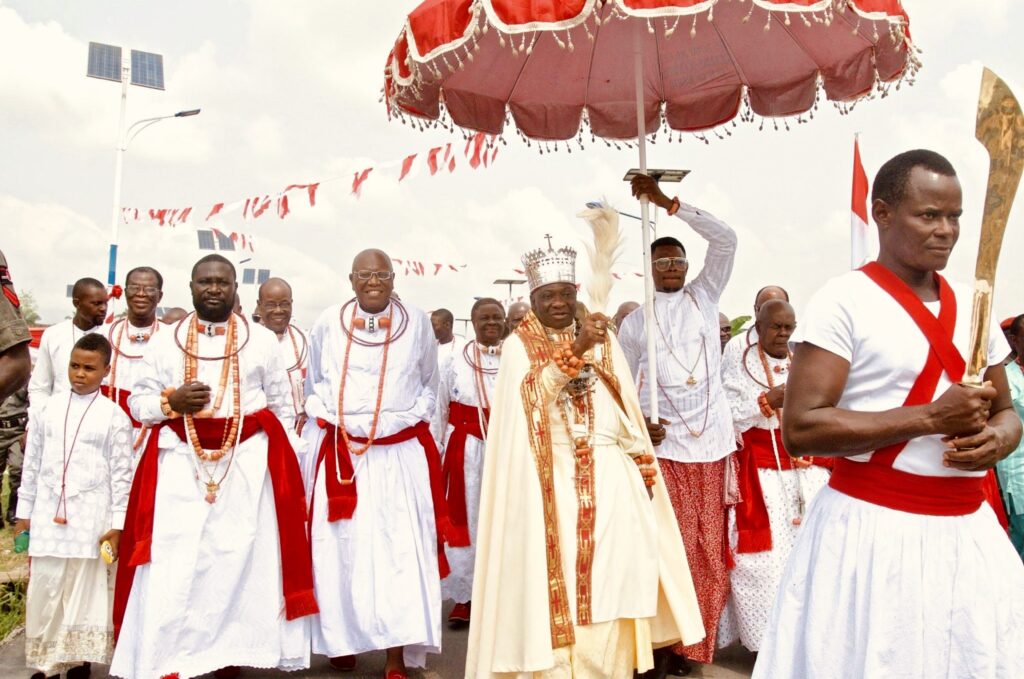
The former Southern Nigerian Protectorate was divided into a Central Province with its capital at Warri and an Eastern Province with its capital at Calabar in this new territory known as Southern Nigeria. The former Lagos Colony became the Western Province in this new region.
In the lower Niger Delta region, Warri is located on the bank of the River Warri, which connects the River Forcados and River Escravos through Jones Creek. The city boasts a cutting-edge seaport that acts as a freight transit point for imports and exports between the Niger River and the Atlantic Ocean.
Economy
One of the primary centres for petroleum-related industries and commerce in southern Nigeria is Warri. The majority of the foreign and domestic oil businesses operating in Nigeria have operational headquarters adjacent to the Warri Refinery and Petrochemicals, which are situated in Ekpan. A significant seaport for the country is located in Ugbuwangue, Warri.
Meanwhile, the conflict in the late 1990s, particularly in 1999, forced the majority of oil corporations out of the town and the surrounding areas.
Furthermore, research has it that there is also the Ovwian-Aladja neighbourhood in Udu, which is home to the steel company Delta Steel Company. The land is abundant in silica and silicates, the raw materials needed to make glass, ceramics, and cement, and the Beta Glass Plant is situated close by, outside the town of Ughelli. One of Nigeria’s electricity generating facilities, Transcorp Power Distribution, is also situated at Ughelli, which is only 15 minutes away by automobile.
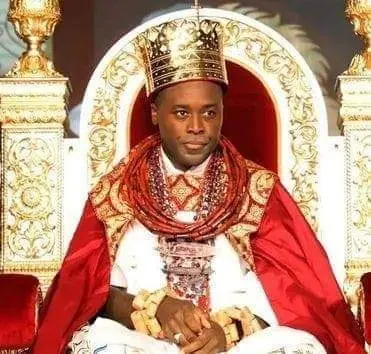
Religion
Most of the residents of Warri are Christians of various denominations, but some, like the majority of Southern Nigeria, also follow a blend of African traditional religions.
Since the crowning of its first Christian king, Olu Atorongboye, better known as King Sebastian I, in 1570, less than a century after the establishment of the Iwere Kingdom, the Kingdom of Warri has remained primarily Christian.
From the 15th to the 17th centuries, when the Portuguese arrived at Warri, there was the advent of Christian crusades organized by the Portuguese. At the time, there were diocesans of different denominations, ranging from the Diocese of São Salvador and the Jesuits; the Mission of the Capuchins; the Battle of Ambuila, Kimpa Vita, and the Antonian Movement; to the Kongo Church in the eighteenth century; Angola, Sierra Leone, Warri (a small state of the Itsekiri people near Benin), and Mutapa.
Thus, the primary aim of these denominations was to evangelize, although some of the Warri residents still believe in their traditional religion.
Modern-Day Warri Kingdom
The current king, known to the Warri people as Olu, Ogiame Atuwatse III, was installed and crowned as the Olu of Warri on August 21, 2021.
Meanwhile, research also shows that Warri people are known nationwide for their unique Pidgin English. According to the 2006 national population census, Warri has a population of over 311,970 people occupying the different local government areas of the city.
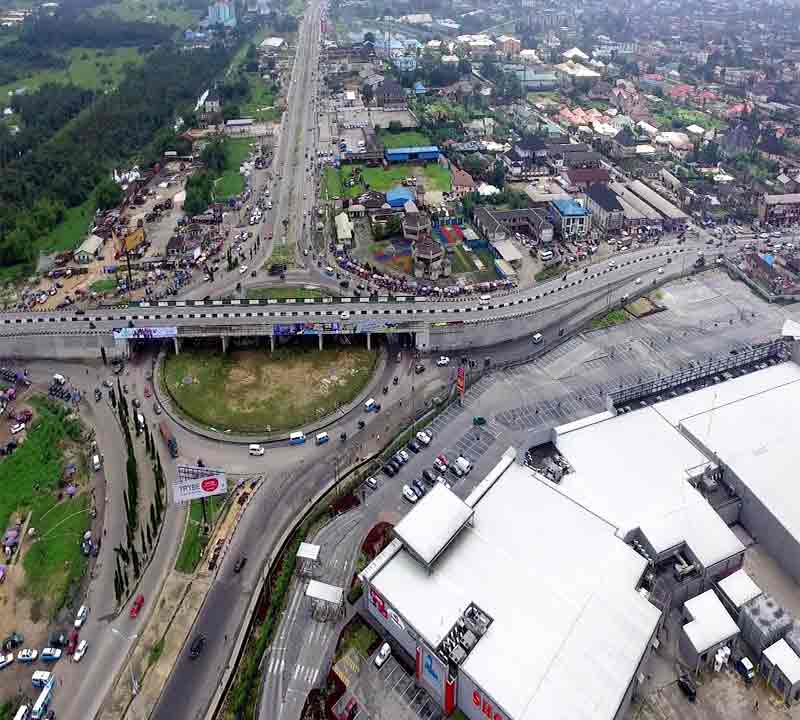
Furthermore, Warri has more than five higher institutions which include the College of Education at Edjeba, Warri, The Delta State Nursing School, Ogunu, Warri, Eagle Heights University, Omadino, Warri, Nigeria Maritime University Okerenkoko, Warri, Federal University of Petroleum Resources, Effurun, and Petroleum Training Institute, Effurun.
Also, Warri has some tourism centres which serve as an attraction for the city. These tourist centres include Nana Living History Museum, Red Mangrove swamp, Falcorp Mangrove Park / Mini Zoo, Ijala, Behind Warri Refinery, Warri Township Stadium, and Shell club, Ogunu.



